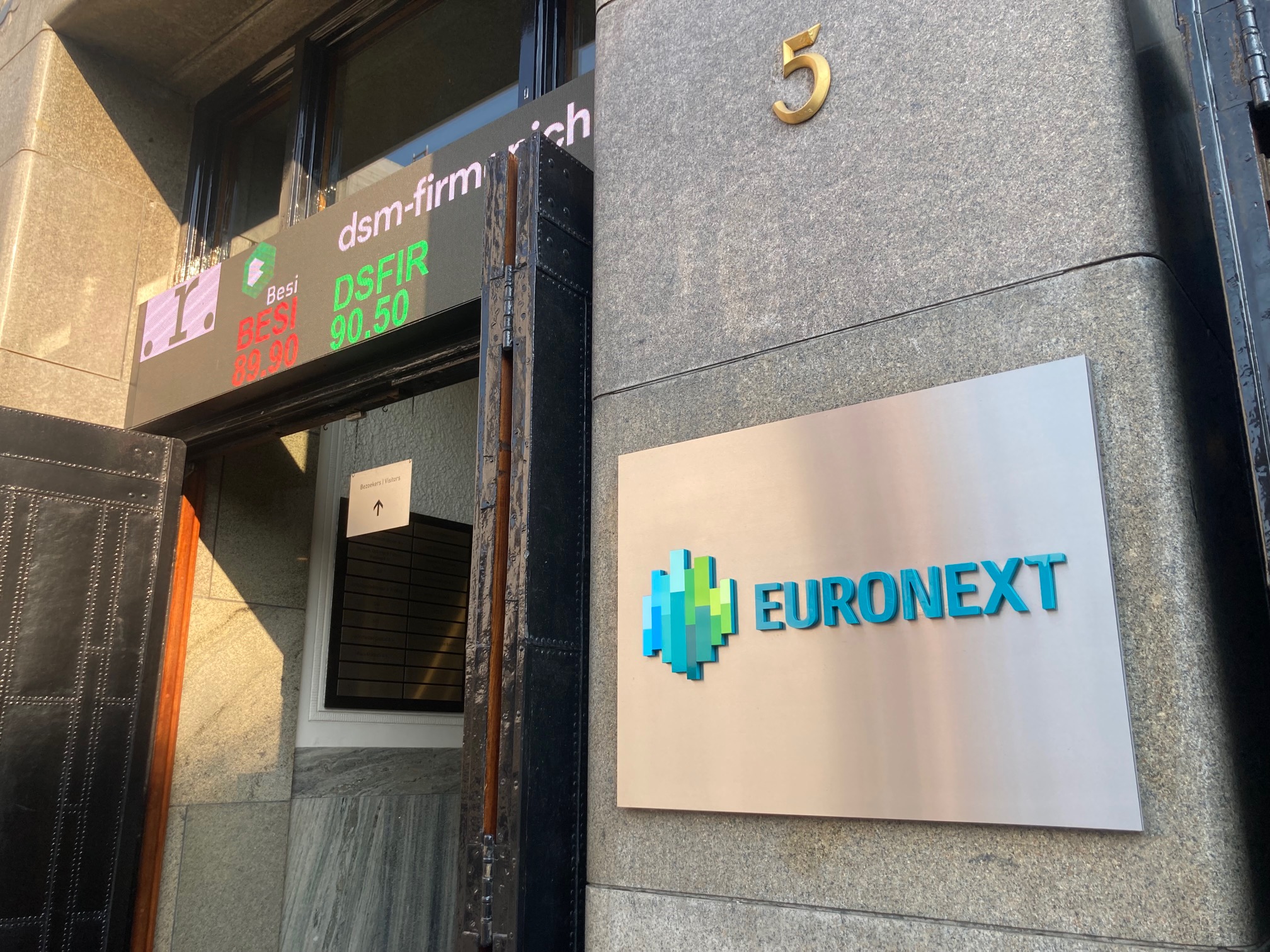Dutch central bank chief slams Trump’s tariff calculations

Dutch central bank chief Klaas Knot has criticised the calculations used by president Donald Trump’s advisers to draw up additional tariffs for every country in the world, except Russia, Cuba, Belarus and North Korea.
“It has nothing to do with economic theory,” Knot told Nieuwsuur. “And if it were not so serious, it would be laughable.”
Knot, who is soon leaving the DNB, said there are no economists who believe all trade surpluses are harmful. “Countries are at different stages of development, and some of those require a surplus or deficit,” he said. “There is nothing wrong with that in itself.”
Although the tariffs will mainly impact the US population, European and Dutch economies will also feel the effects, he said. “I would say: take time, count to 10, and try to take action that leaves the option to de-escalate open.”
The US is the Netherlands’ biggest trading partner outside the EU.
National statistics agency CBS said in February that the Netherlands exported goods worth €28.2 billion to the US in the first three months of this year, while the US exported goods worth €44.4 billion to the Dutch, taking the trade deficit to €16.3 billion.
The deficit is twice as high as a year ago and is largely due to the import of US crude oil and natural gas.
The Netherlands has had a structural trade deficit with the US for years, the CBS said, adding that oil and gas imports have become more important since Russia invaded Ukraine in 2022.
US crude oil imports now account for 23% of the Dutch total, making the US the most important supplier. The US is also the biggest supplier of medical instruments, apparatus, and pharmaceutical products to the Netherlands.
Food exports
According to earlier research by ABN Amro, Dutch food exporters to the US will be hard hit by tariffs, including beer and spirits producers, fish traders, who primarily export salmon, and cocoa and chocolate exporters.
Tata Steel has also said Trump’s plans for a 25% tariff on steel and aluminium imports will impact the company’s IJmuiden operations. Tata said it is considering “all possible options” should the tariffs take effect, according to news agency ANP.
AEX
Meanwhile, Amsterdam’s blue chip index continued to fall on Friday, with tech and financial stocks particularly hard hit for the second day, following Trump’s tariff plans and China’s announcement of a 34% import tax on US goods.
By 2 pm, the AEX was down 3.8%, although it was less affected than other leading European stock exchanges and recovered slightly as the afternoon progressed. Steel group ArcelorMittal was down almost 10%, followed by Aegon, ING and ABN Amro. Chip group ASM International had fallen a further 6.6% on top of Thursday’s losses.
Business bank JP Morgan has now put the likelihood of a global recession — defined as two consecutive quarters of economic contraction — at 60%.
Thank you for donating to DutchNews.nl.
We could not provide the Dutch News service, and keep it free of charge, without the generous support of our readers. Your donations allow us to report on issues you tell us matter, and provide you with a summary of the most important Dutch news each day.
Make a donation